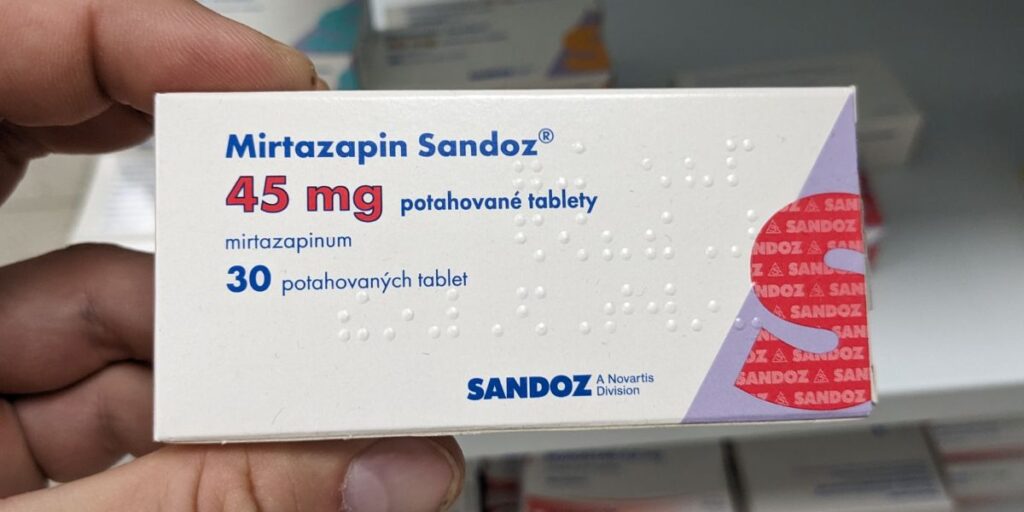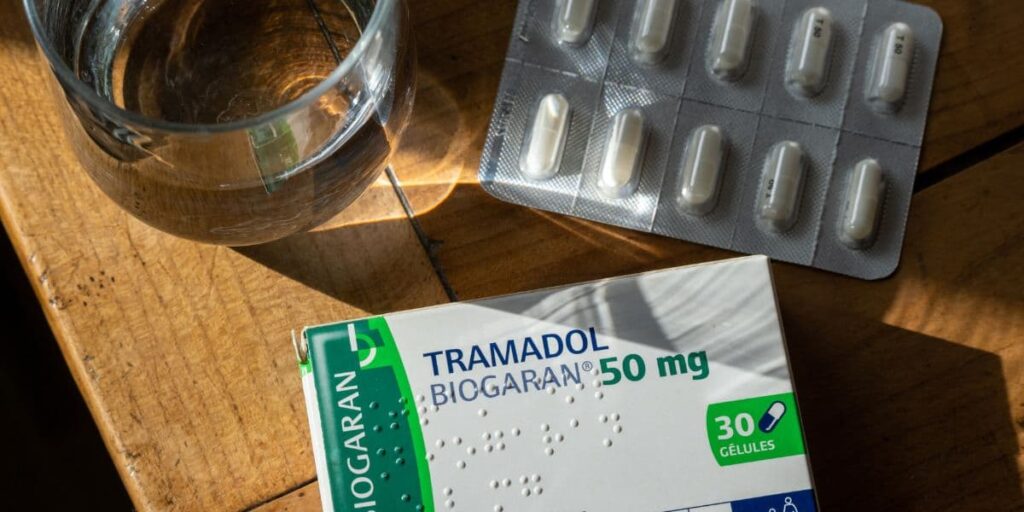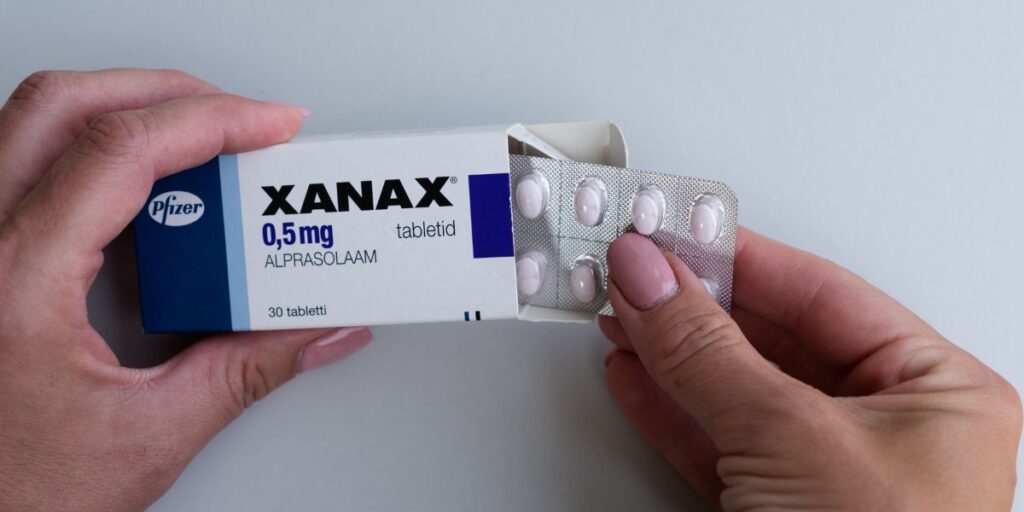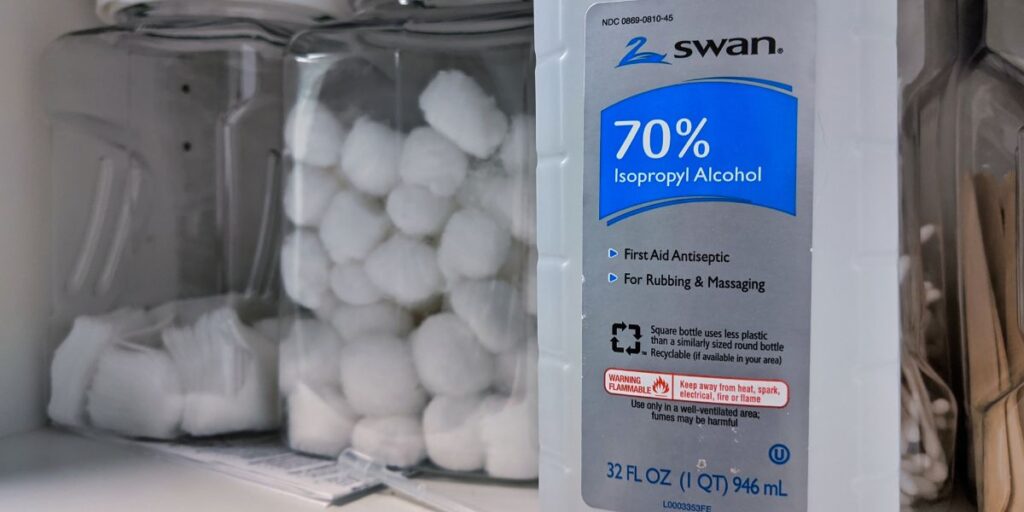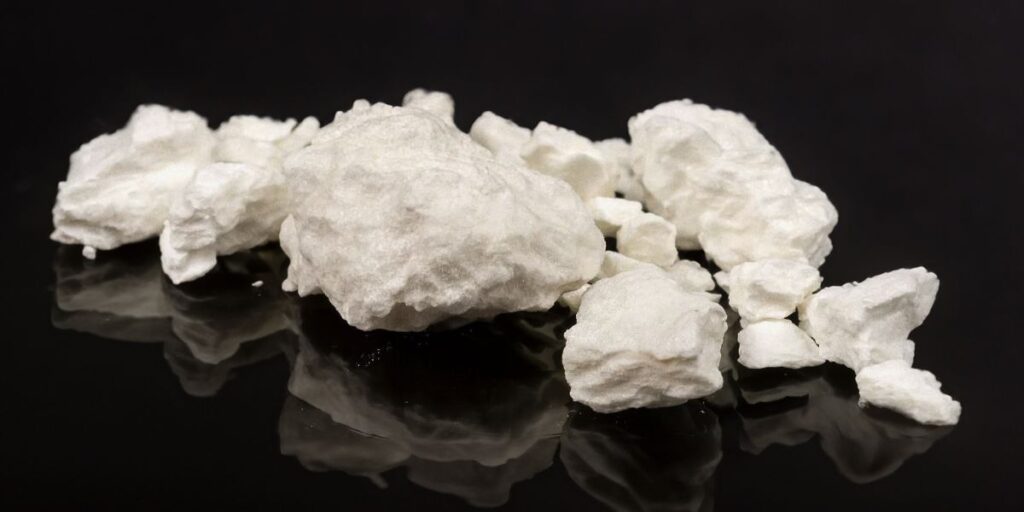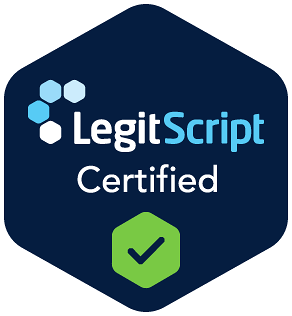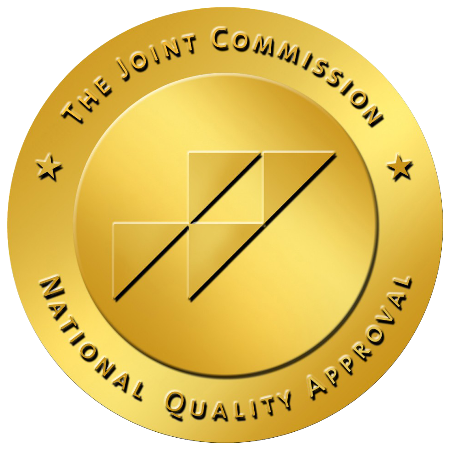Understanding and practicing relapse prevention and the five rules of recovery are essential to maintain a life free from substance abuse and growing into the person you want to be. Recovery is much more than just not using drugs and alcohol. Living in recovery is essential to be free from addiction life-long.
Sobriety and recovery are connected, but they are not the same. Being sober means not using drugs or alcohol; many people are substance-free but still have the destructive patterns and mindset of an addict. Long-term recovery involves managing and overcoming the personal, behavioral, and environmental triggers with healthy options and the coping skills and rules learned in treatment programs while avoiding relapse.
Recovery allows for mistakes and learning from them as much as it allows for growth and improvement. With time, practice, and guidance from the five rules for recovery, it is possible to live a fun and meaningful life without drugs and alcohol.
What Is Recovery?
Recovery is an ongoing and evolving process to avoid relapse and continue growing as a person; it requires participation and engagement.
The National Institute on Drug Abuse (NIDA) states that “recovery is a process of change through which people improve their health and wellness, live self-directed lives, and strive to reach their full potential.” It is a fresh start to change your life and be the person you want to be.
Addiction is a chronic, relapsing disease requiring lifelong management like any other health condition. Recovery is the lifelong process of managing the illness of addiction and defining yourself as a whole and separate individual outside of your substance use disorder.
What Are the 5 Rules of Recovery?
The National Institutes of Health (NIH) established the five rules of recovery as 1) change your life, 2) be completely honest, 3) ask for help, 4) practice self-care, and 5) don’t bend the rules.
Following and frequently revisiting these five rules of recovery reminds people that recovery is not complicated or beyond their control. While people cannot control external life factors, they can use the rules to help how they respond to them and practice healthy alternatives to avoid relapse and stay sober.

1. Change Your Life
Substance use disorders are life-changing; you must change your life and lifestyle to overcome one. You cannot stop using drugs and alcohol but return to the same environment and habits that contributed to your addiction in the first place and expect to continue recovery. Going back to the life you lived while using is like trying to put on a coat from when you were a child— it will never fit comfortably or be helpful for who you are now.
There will always be things you cannot control, but some things you can change and control include:
- Avoiding high-risk situations, people, and places that make you want to use
- Changing negative thoughts and reactions to triggers
- Incorporating the five rules into your daily life
Change doesn’t always happen overnight; it may also mean you outgrow some relationships that no longer contribute to your well-being, which requires introspection and honesty.
2. Be Completely Honest
To maintain recovery, you must be completely honest with yourself and the people around you.
People with substance use disorders lie to others about using and lie to themselves to justify their addiction and related behaviors. Lying can be as much a part of addiction as drugs and alcohol, and it contributes to the shame and stigma of addiction that keeps people trapped in a cycle of abuse. Honesty shines a light into that darkness.
Your recovery circle— doctors, friends, family members, members of your support groups, etc. must genuinely understand where you are coming from and how you are doing to be able to help you, which requires honesty and occasionally uncomfortable conversations.
Honesty can be challenging, but it lays the groundwork for stronger relationships built of trust and understanding. Honesty isn’t a license to be rude or unnecessarily critical of others; the goal is healing, not harm.
Most importantly, you must be completely honest about your feelings and limitations and know when to ask for help.
3. Ask for Help
Being able to ask for help is a sign of strength, growth, and wisdom. It’s natural for people to want to prove to themselves and others that they are in control and capable of handling things independently, but that’s not a realistic way to live. We all need help sometimes.
Attending Alcoholics Anonymous, Narcotics Anonymous, or other specialized support groups can help you learn how to ask for help and accept it. Peer support in residential treatment offers outside perspectives, support, and validation that fosters long-term recovery and a sense of belonging and progress.
Daily life can seem overwhelming and sometimes too much to handle. Asking for help can be as simple as reaching out to a member of your recovery circle to vent those frustrations or ask for assistance with a task you are struggling with or dreading.
Your support network can help you revisit and fine-tune your relapse prevention plans and techniques; they may realize you are struggling and need help before you do. It is a form of self-care when you ask for help with big or even small obstacles.
4. Practice Self-Care
Practicing self-care is one of the most overlooked parts of recovery but one of the most essential. Many people initially turned to drugs and alcohol to escape, relax, or reward themselves. Those needs don’t disappear in recovery; learning to satisfy them and practicing healthy alternatives and coping skills is self-care.
Addiction also wears down self-esteem and makes people feel like they don’t deserve good things. Taking time to practice self-care reminds you that you are worthy and life can be enjoyable and fulfilling without substances.
According to the most widely accepted relapse prevention model, a consistent state of mind-body relaxation through self-care reduces the risk of relapse by removing some of the chaotic feelings and stress that can trigger a backslide.
Self-care improves and supports physical and mental health and fosters a sense of focus and self-confidence, which helps you stick to the rules of recovery.
5. Don’t Bend the Rules
Don’t bend the rules, it can turn into a slippery slope. When you do, you open yourself up to temptation and self-sabotage.
As mentioned earlier, many people suffering from substance use disorders are eager to prove themselves and their control over addiction. Trying to find loopholes in the rules, putting yourself in high-risk situations, or attempting to drink or use in moderation are parts of the three stages of relapse, usually resulting in a full physical relapse.

Evidence-Based Substance Abuse Treatment
Recovery is difficult and takes work, but it is the most rewarding thing you will ever accomplish. At Northridge Addiction Treatment Center, we take an authentic, personalized, evidence-based approach to treating addiction and ensuring recovery is for life.
Our residential treatment program offers onsite medical detox with 24-hour medical care and support in a calm, immersive environment that allows them to relieve your withdrawal symptoms and treat all aspects of your addiction
After addressing the immediate damage caused by substance abuse, we work to empower you with the knowledge, skills, and confidence to trust and follow relapse prevention and the five rules of recovery. Reach out today to take the first steps on your path to recovery.




